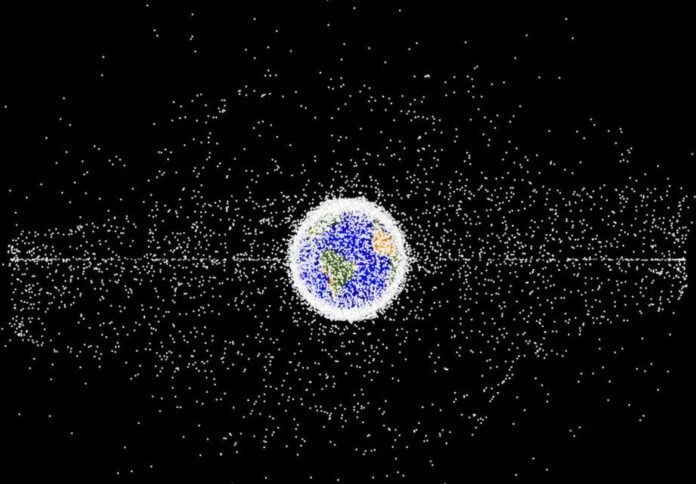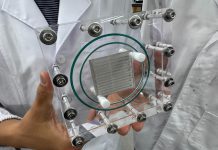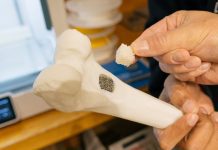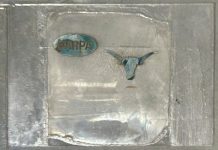
NASA is backing research proposals from three university-based teams to analyse the economic, social, and policy issues surrounding space sustainability.
The investment is part of NASA’s efforts to address human-made objects orbiting Earth that no longer serve a purpose.
Orbital debris includes mission-related and fragmentation debris, non-functional spacecraft, and abandoned rocket stages.
In a press release, NASA said the investments will fund research that supports the agency’s commitment to addressing the urgent problem, which the agency could endanger spacecraft, jeopardise access to space, and impede the development of a low-Earth orbit economy, including commercial participation.
A panel of experts vetted and selected the following three proposals:
- “Adaptive Space Governance and Decision-Support using Source-Sink Evolutionary Environmental Models,” submitted by Richard Linares and Danielle Wood of the Massachusetts Institute of Technology and Moriba Jah of the University of Texas-Austin;
- “An Integrated Assessment Model for Satellite Constellations and Orbital Debris,” submitted by Akhil Rao of Middlebury College, Daniel Kaffine of the University of Colorado-Boulder, and Brian Weeden of the Secure World Foundation;
- “Communication and Space Debris: Connecting with Public Knowledges and Identities,” submitted by Patrice Kohl, Sergio Alvarez, and Philip Metzger of the University of Central Florida.
Bhavya Lal, an associate administrator for the Office of Technology, Policy, and Strategy at the NASA Headquarters in Washington, described the issue as “one of the great challenges of our era.”
“Maintaining our ability to use space is critical to our economy, our national security, and our nation’s science and technology enterprise. These awards will fund research to help us understand the dynamics of the orbital environment and show how we can develop policies to limit debris creation and mitigate the impact of existing debris,” Lal said.
Selected teams can work with the International Organisation for Economic Cooperation and Development as part of an international call for research proposals focused on orbital debris and space sustainability, NASA said in its statement.




















